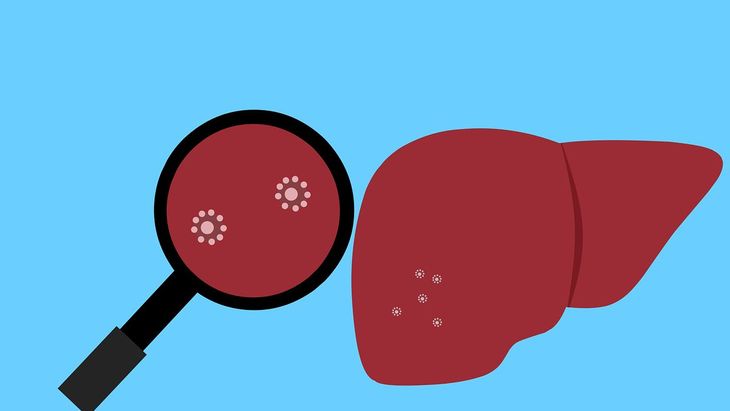These substances are known to be used in adhesives, paints, degreasers or industrial solvents. Its consequences can cause cancer of the liver, kidney, brain and testicles.
The United States Environmental Protection Agency (EPA) finalized the regulations for the trichlorethylene (TCE) and perchlorethylene (PCE). These measures, derived from the 2016 amendments to the Toxic Substances Control Act (TSCA)are part of the government’s effort in favor of public health, including the initiative Cancer Moonshot of the president Joe Biden.
The content you want to access is exclusive to subscribers.
This comprehensive approach seeks reduce the risks of substances recognized for their serious health impacts and promote the use of safer alternatives. TCE is a solvent present in commercial products such as adhesives, paints and degreasers, while PCE is used for dry cleaning and as an industrial solvent.


The EPA’s ban on two carcinogenic chemicals and their risks
Given these dangers, the EPA has decreed the progressive elimination of all its uses. Most of these restrictions will go into effect within a year, with some exceptions in controlled industrial environments that will require strict worker protection plans.
The new rules prohibit its use in consumer products and in various commercial sectors, while the remaining industrial uses will be regulated under strict controls. Dry cleaning will have a 10-year period to stop using PCE, with more immediate restrictions on new machinery acquisitions.
TBI is known to cause liver, kidney cancer and Hodgkin lymphomain addition to damage to the nervous system and fetal heart defects. PCE, in addition to also affecting the first two like the other substance, is linked to brain cancer, as well as other serious conditions.
fatty liver.jpg

TBI also affects the liver.
Pixabay
What is TCE and PCE
“It is simply unacceptable to continue allowing cancer-causing chemicals to be used for things like glue, dry cleaning or stain removers when there are safer alternatives,” the administrator of the company said in a statement. Office of Chemical Safety and Pollution Prevention Michael Freedhoff.
The TCE and the PCE They are non-flammable chlorinated solvents considered, in turn, as volatile organic compounds. PCE can degrade into TCE or contain traces of it as a contaminant, making its regulated uses interconnected. Some prohibited industrial applications of TCE may continue to use PCE under strict safety measures, highlighting the importance of a complementary approach in their regulation.
The specialist also emphasized that, despite their dangers, these chemicals can still be found in industries such as dry cleaner, car repair and the manufacturing. “Without a doubt, these chemicals are deadly, there is no doubt that this final rule will save lives, especially the lives of our children, across the country,” Markey added.
Source: Ambito
I am Pierce Boyd, a driven and ambitious professional working in the news industry. I have been writing for 24 Hours Worlds for over five years, specializing in sports section coverage. During my tenure at the publication, I have built an impressive portfolio of articles that has earned me a reputation as an experienced journalist and content creator.




